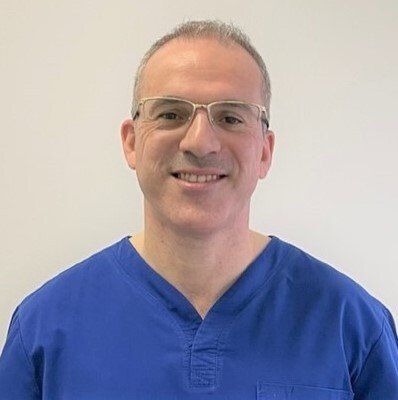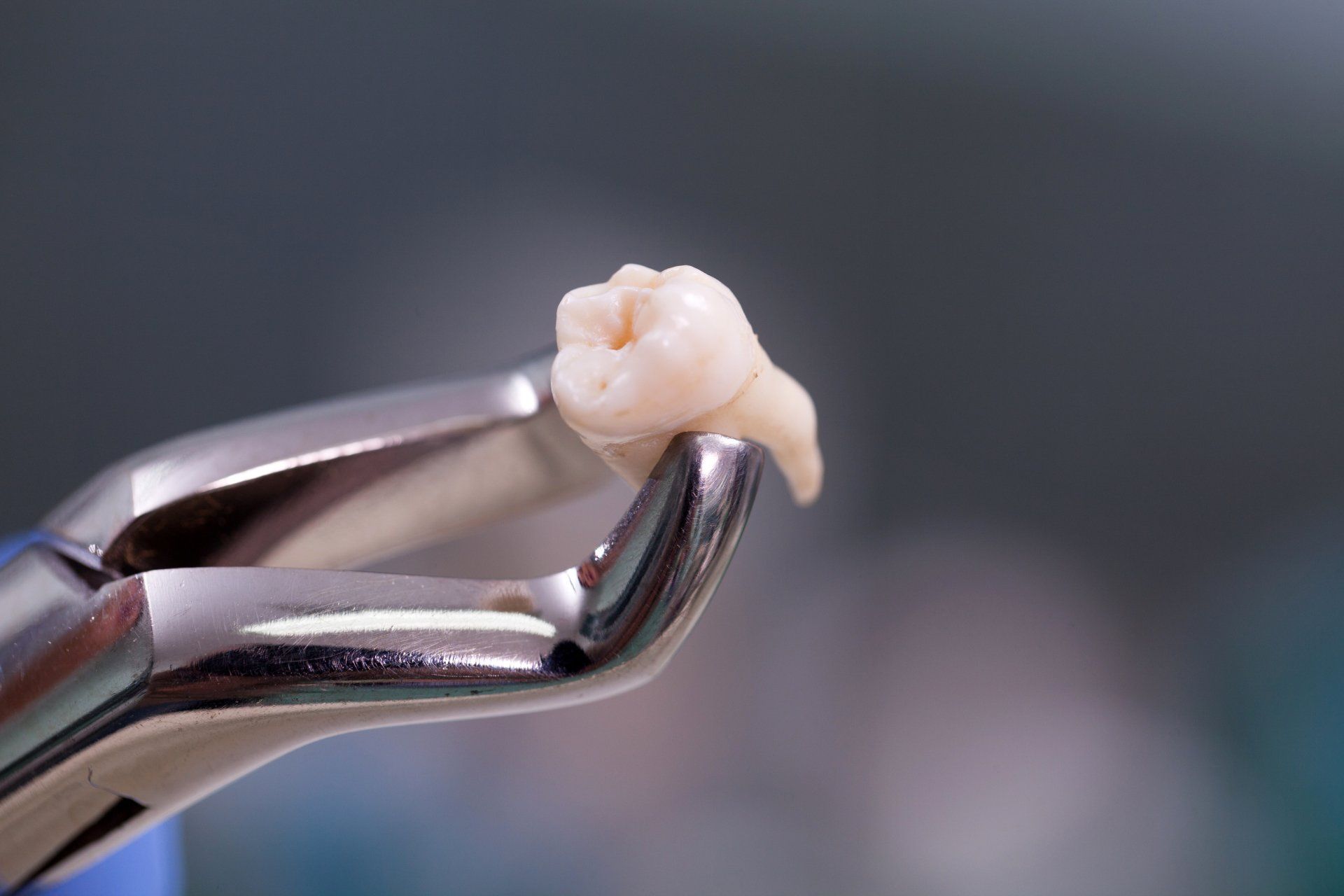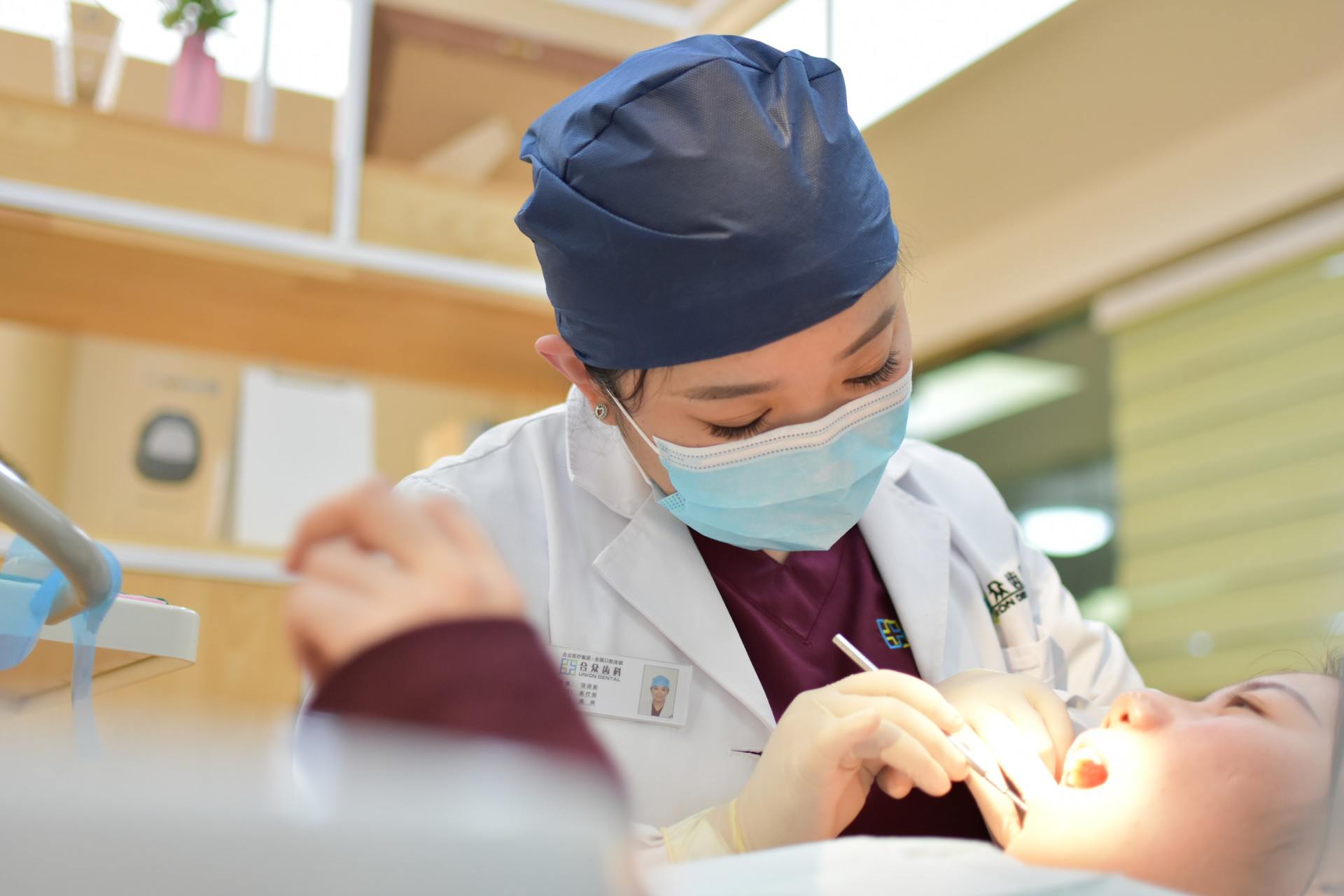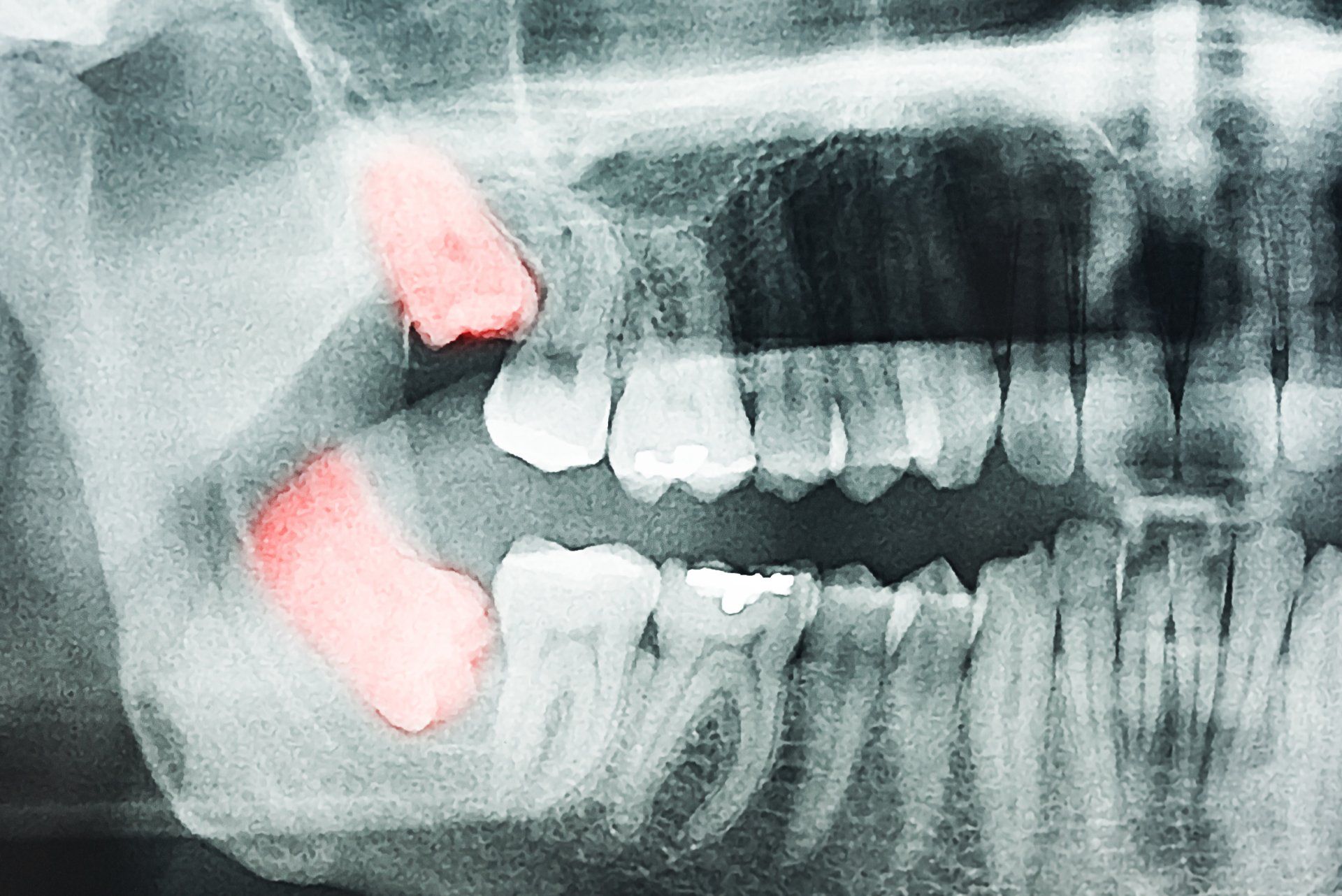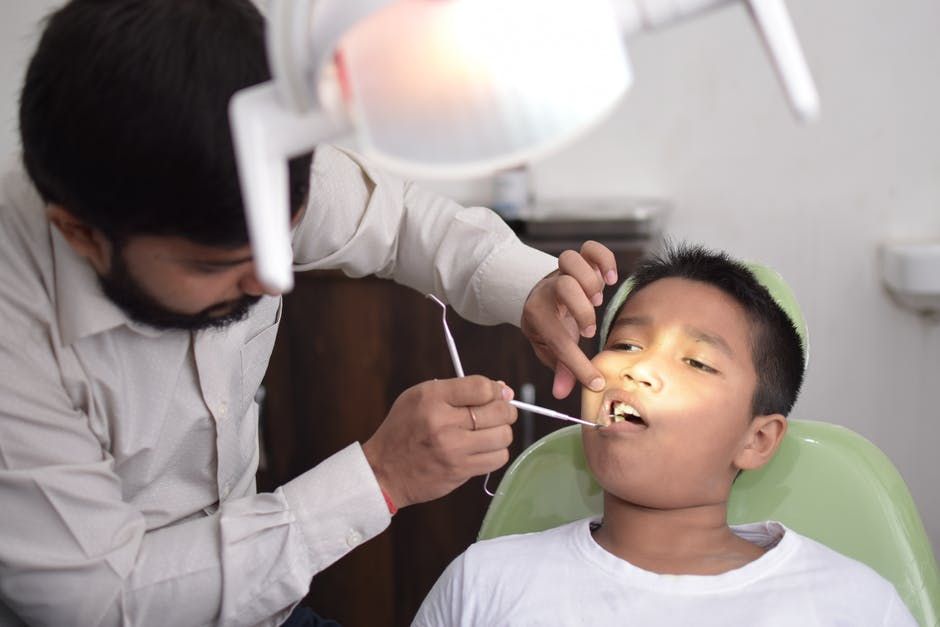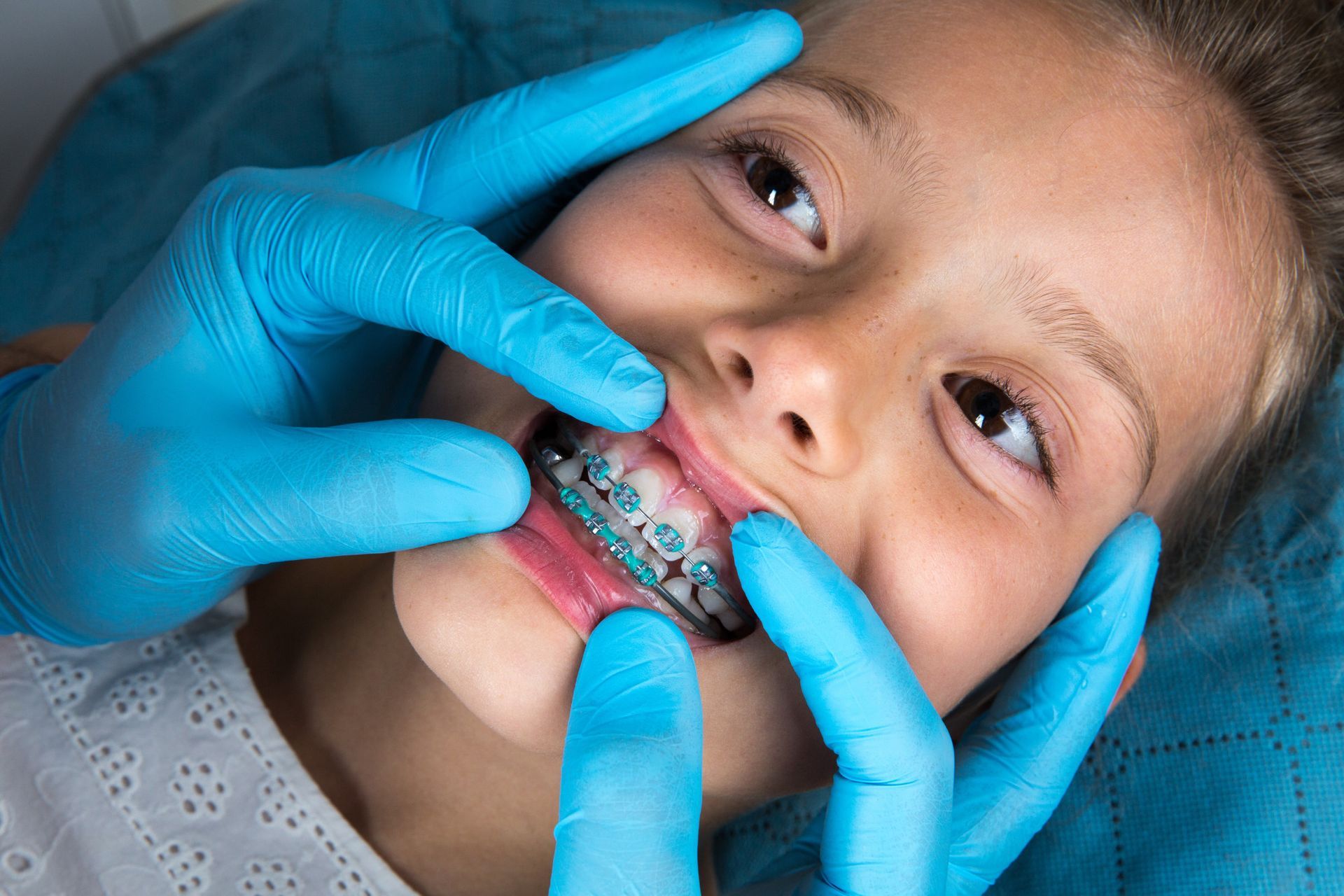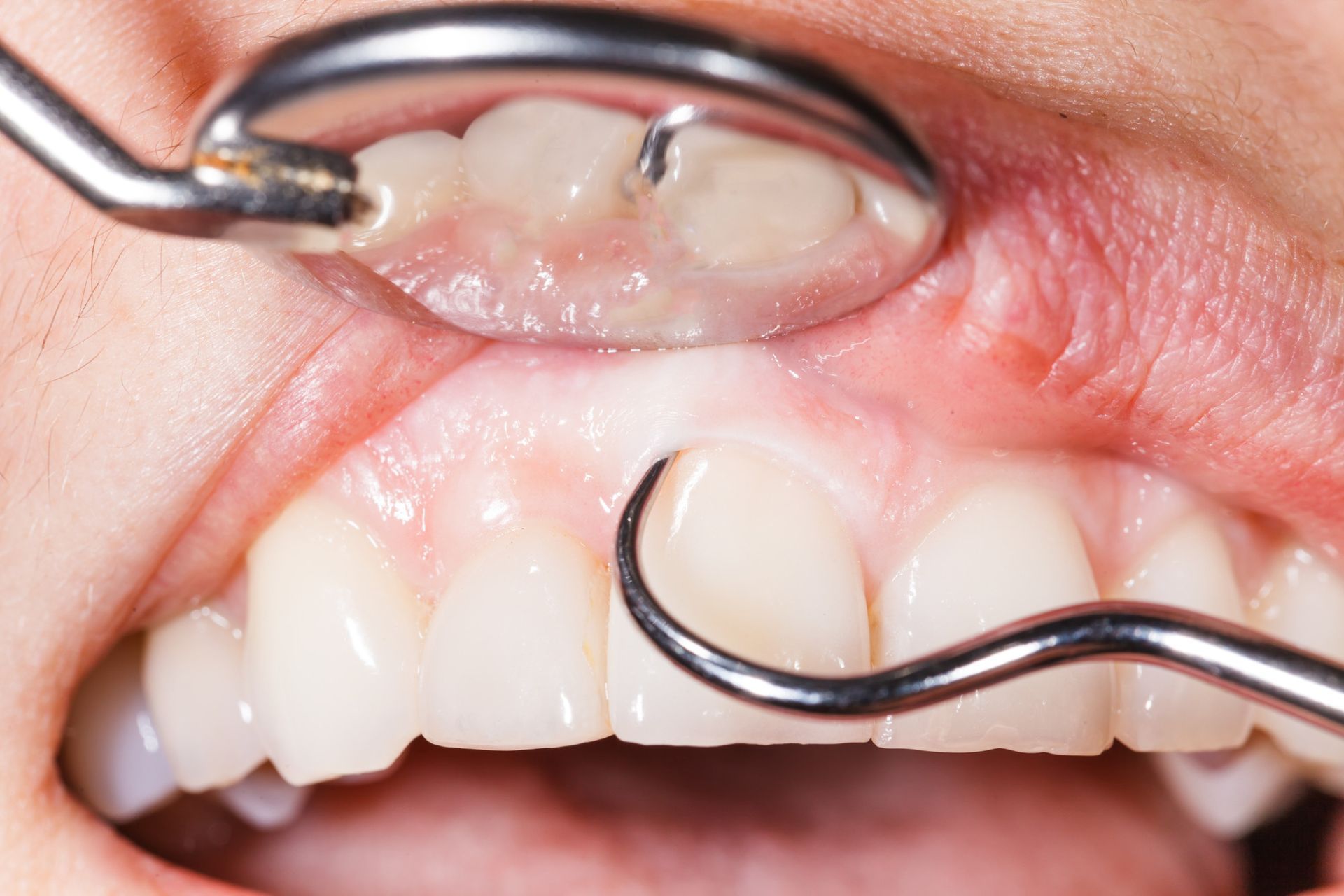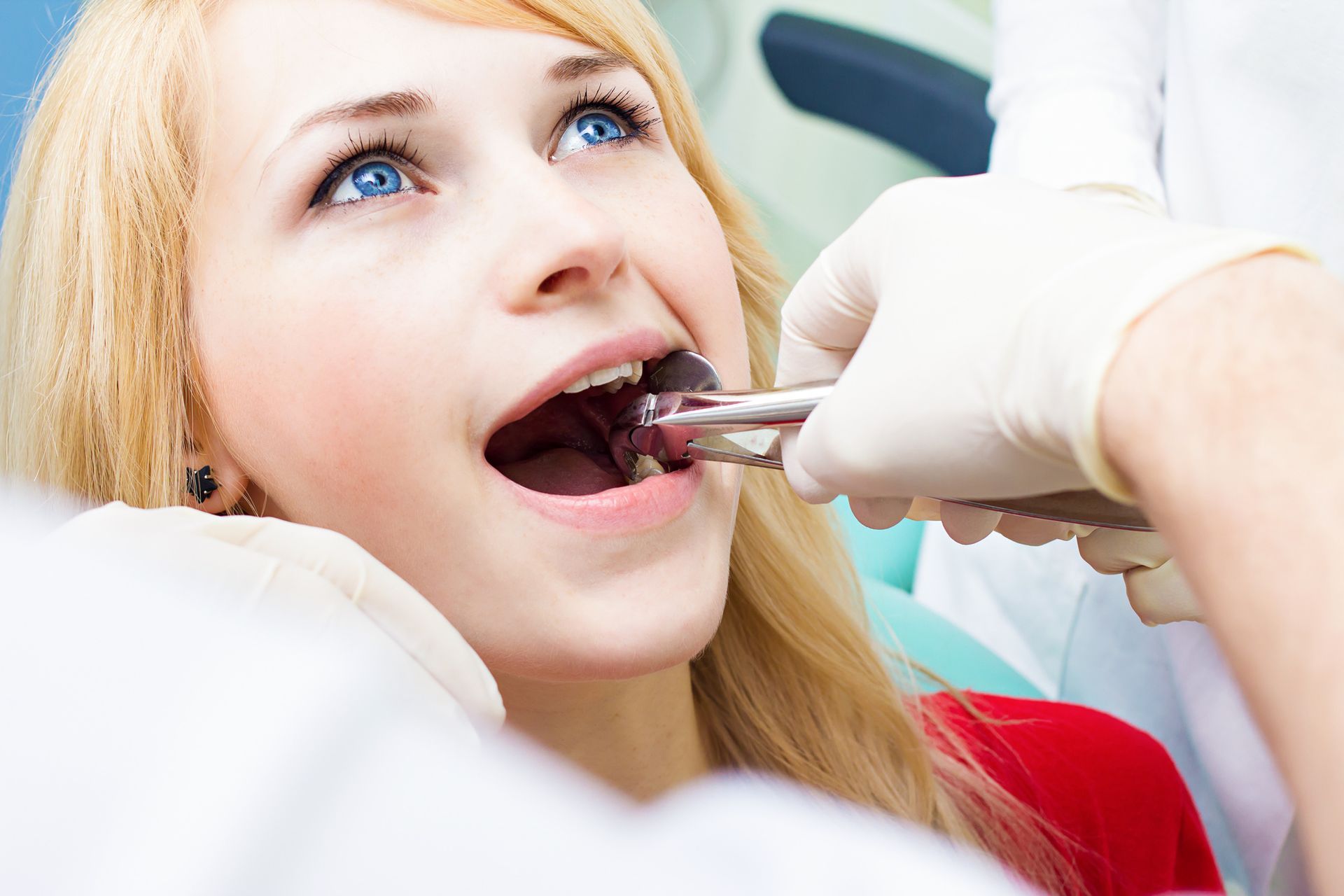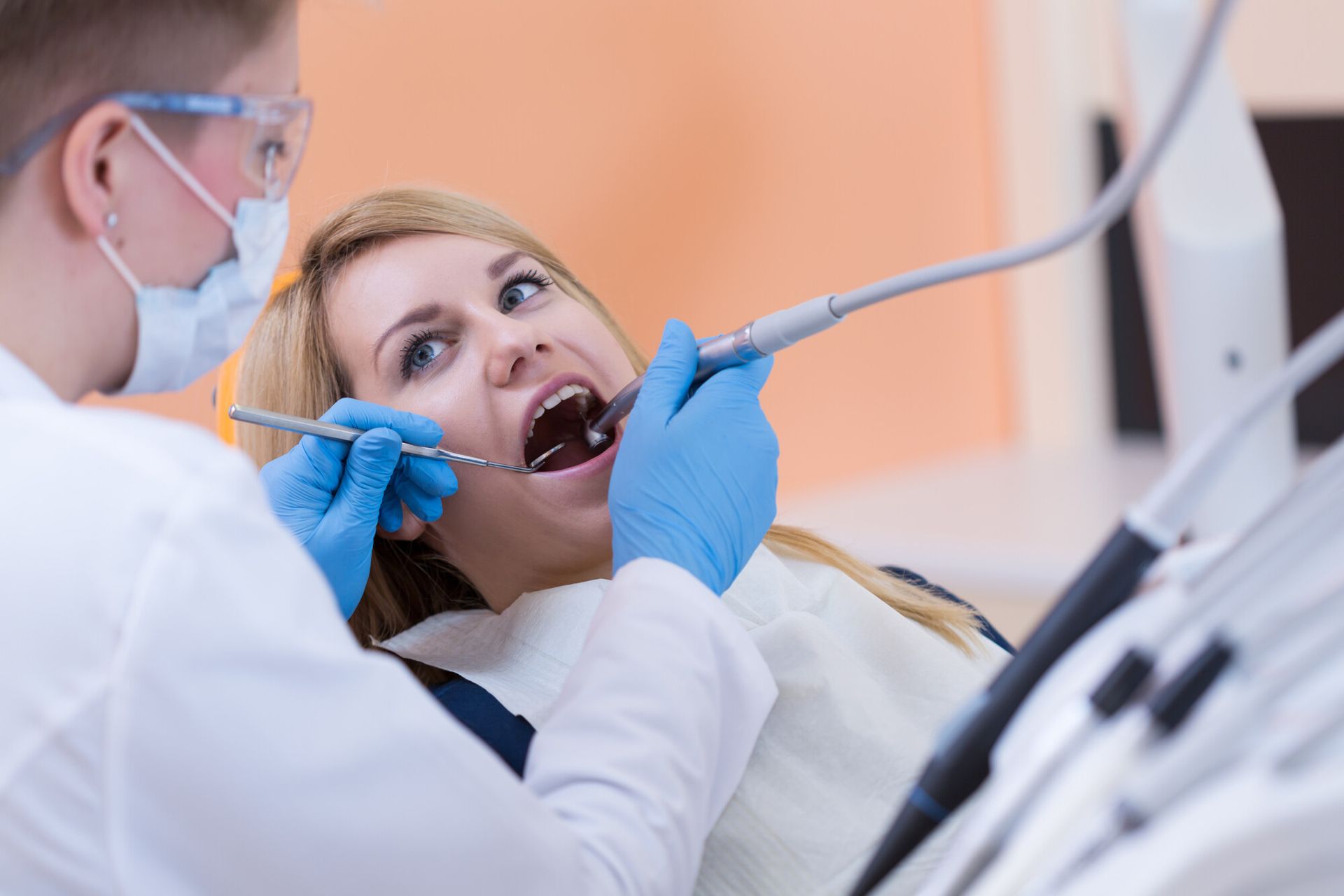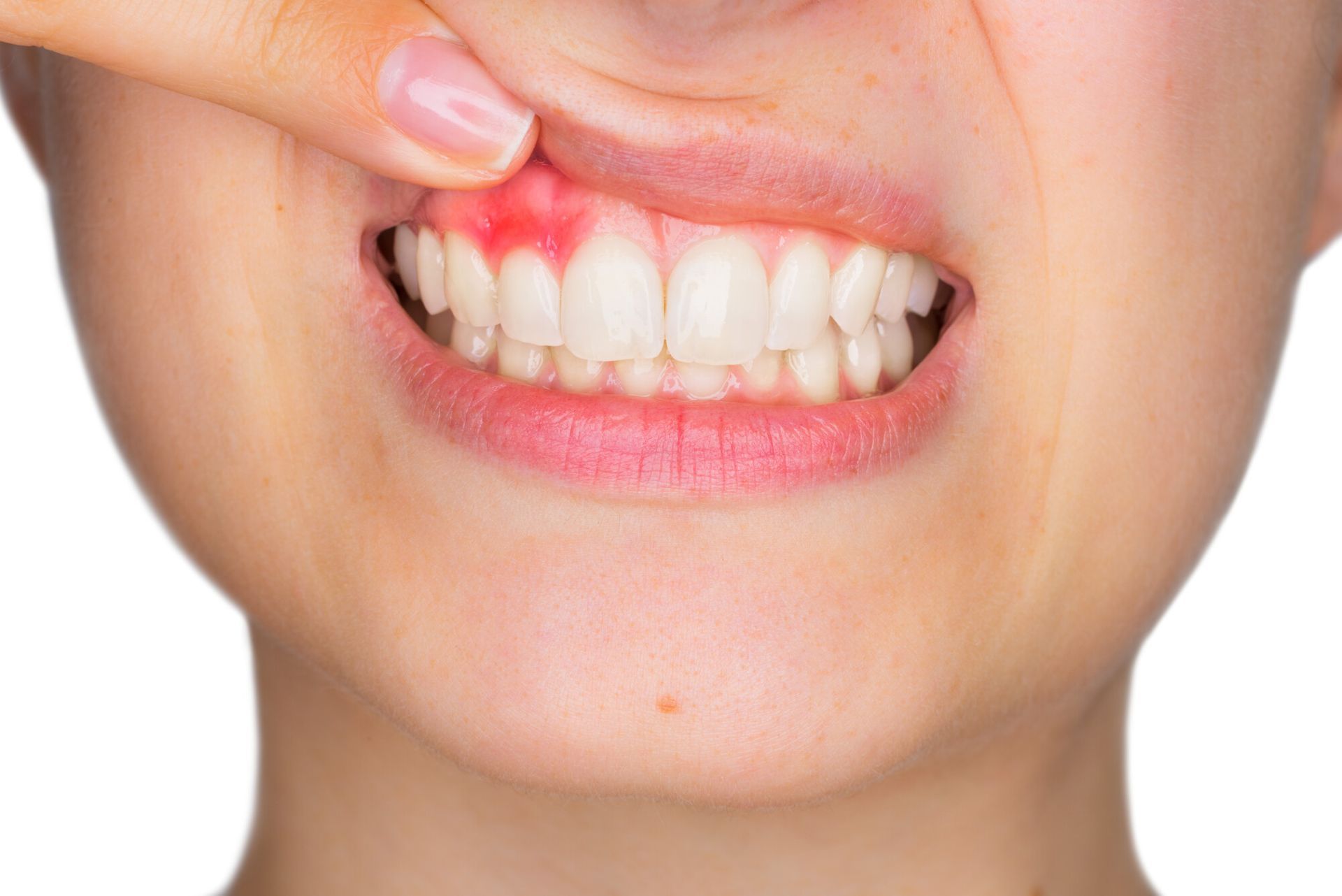Root Canal Aftercare_ 3 Tips for a Quicker Recovery
Updated: July 12, 2023. Originally Published: Oct 24, 2019.
Canada alone employs more than 118,000 people in the dental industry to help us maintain excellent oral health.
That is an undeniable sign of how much we get out of modern dental care. At the same time, some people feel intimidated by the prospect of getting a root canal from even the most skilled dental service. The good news is that you can enjoy a much more pleasant experience when you are prepared for effective root canal aftercare.
A lot of people have discovered many different tips that help them heal faster and with less stress after a root canal procedure. Learning about these tips can help you enjoy a speedy recovery and may also help you come up with your own techniques to improve your aftercare. So what can you do after a root canal treatment to recover as soon as you can?
Read on to learn about the biggest things to keep in mind for a speedy root canal recovery process!
1. Prepare in Advance for Root Canal Recovery
A great root canal recovery process starts with preparing in advance. If you wait until your procedure is over to start looking for ways to facilitate the healing process, you may experience significant discomfort while you get everything ready.
Ask Your Dentist for Advice
Start by asking your dentist for any root canal recovery advice they can offer. They will understand more about your unique situation, so their advice may be more valuable than what you can find online.
On top of that, your dentist will have seen for themselves the wide variety of things people try to recover faster after a root canal. They can tell you what they have seen work for others as well as what they have seen fail.
Make Sure You Have Pain Medication Ready
After you have your infected tooth pulp managed by your root canal procedure, you will want to have painkillers ready and at hand. The last thing you want is to realize that you need to take a trip to the store when you are in the middle of serious discomfort or pain.
Along with making sure you have standard painkillers like acetaminophen on hand, you can speak with your dentist about over-the-counter medications. Depending on your situation, they might be able to prescribe you with more powerful painkillers.
Understand Your Limits After a Root Canal
After Some people figure out their limits after a root canal through a process of trial and error. They try out lots of things and then stop doing anything that causes them extra discomfort or swelling.
However, learning through these kinds of errors can cause a lot of unnecessary stress. It is far better if you have some sense of your limits in advance so that you know what to avoid doing while you recover.
Talk to Others About Their Root Canals
Different people have different experiences while recovering from a root canal. Your dentist might be able to provide you with the most authoritative advice but it can also be helpful to speak with people you are close to about their own root canals.
You may receive some extra tips for handling the recovery process. On the other hand, you might find it even more helpful to hear about how much milder the root canal process is that some people fear. Although these procedures were more difficult in the past, modern dentistry has found ways to help people avoid pain and discomfort and enjoy faster healing after a root canal.
Bring Support to Your Appointment
There are a few benefits to bringing someone with you to your root canal treatment. First, they can drive you home once it is complete. Since you will be coming off of painkillers, that will be much safer than driving yourself home.
Second, bringing support to your root canal can help you manage your stress and remember to provide yourself with effective aftercare once your appointment is over.
Arrive Rested for Your Procedure
Effective aftercare starts with making sure that your procedure itself goes as smoothly as possible. The better the condition your body is in during your root canal, the easier it will be to manage the recovery process afterward.
Try to get a good night's sleep before
your root canal appointment. It might also be a good idea to avoid strenuous exercise or anything else that might tire you out too much before you get to your dentist's office.
Have a Meal Before Your Appointment
After you receive your root canal, your mouth will be sensitive for a while. That means that it is often a good idea to have a hearty meal a few hours before your root canal. That way, your body will have as much access to quality nutrition as possible as it recovers from your treatment.
Consider Taking a Painkiller
You might even want to take a painkiller about 30 minutes before your root canal procedure. After all, it can take about that long for painkillers to take effect. Taking one in advance means that you will walk out of your procedure with as little discomfort as possible.
This can also be helpful if you are struggling to manage stress as your appointment approaches.
Stay Away From Smoking and Drinking
The longer you can avoid smoking and drinking before your procedure, the easier it will be for your body to heal during the recovery process. Both smoking and drinking can cause inflammation around the mouth, making it more difficult for it to manage stress and healing. You will also want to avoid smoking and drinking while you heal after your treatment.
Schedule Recovery Time for Yourself
Make a plan in advance to have sufficient recovery time once your appointment is over. Especially for the first couple of days after your procedure, you will want to be able to get plenty of rest. Even after that, extra time for rest will go a long way toward helping you enjoy the fastest recovery process possible.
2. Avoid Mistakes When Healing From a Root Canal
Once you have received your root canal treatment, it is just as important to avoid mistakes as it is to do things that will speed up your healing process. In fact, avoiding things that can slow down your healing is sometimes even more vital than taking steps to speed it up.
Be Prepared for Discomfort
First, don't be surprised by how sensitive your mouth might be after your treatment. A certain amount of discomfort and sensitivity is completely normal.
You might have an instinct to poke at the most sensitive parts of your mouth with your tongue or other objects. However, messing with your treatment site too much can slow down the healing process.
Avoid Eating Right After Your Procedure
Make sure to avoid eating solid foods until your treatment site has calmed down after your procedure. Instead, stick with liquids and foods you don't have to chew. Even later on, you will want to try to eat without using the most sensitive parts of your mouth.
Be Gentle With Your Oral Hygiene
After a root canal, it is important that you enjoy excellent oral hygiene. That will provide your mouth with the ideal environment for healing. At the same time, you can go too far with flossing and brushing your teeth. Try to be gentle during your oral hygiene habits, especially around your treatment site.
Keep in mind that there are other ways to get rid of bacteria in your mouth, so you don't have to rely only on more abrasive tools like toothbrushes.
Avoid Foods That Might Irritate Your Mouth
If you notice that a food irritates your mouth, try to avoid it or find a way to eat it that diminishes your discomfort. As a general rule, chewy and crunchy foods can cause a small amount of extra damage to your sensitive mouth after a root canal.
You should also avoid any foods that might get stuck around your treatment side. If you get anything stuck between your teeth, try to be as gentle as possible while removing it to provide your mouth with a clean healing environment.
Avoid Activities That Slow Healing
Even simple actions like sucking too hard on a straw can irritate your treatment side after a root canal. In some cases, talking too much might also cause extra swelling around your mouth.
Pay attention to anything that seems to put extra stress on your mouth during root canal aftercare. You will also want to avoid strenuous exercise for at least a few days after your root canal.
3. Speeding up Recovery After a Root Canal Procedure
By avoiding these mistakes, you will set yourself up for a smooth recovery process. However, there are also some things you can do to help manage swelling and discomfort. The more comfortable you are, the easier it will be for your body to heal as fast as possible.
Take Painkillers as Necessary
If you experience a lot of pain after your root canal procedure, try to avoid toughing it out too much. It is often better to relieve that pain with painkillers so that your body is not distracted by the stress of discomfort.
Decrease Inflammation With Elevation
The more swollen your mouth is, the harder it will be for your treatment site to recover. As a result, look for ways to bring down inflammation whenever you can.
One of the best ways to do this is to keep your mouth elevated as often as possible. If you can manage it, it can even be helpful to sleep with your mouth elevated so that it does not swell with blood while you are unconscious. That way, you will get the most healing possible out of your sleep.
Reduce Swelling With Ice
Another great way to manage both swelling and pain is to use ice. Before you apply ice to your mouth or face, wrap it in a cloth to protect your skin from excess cold exposure. It's also important to avoid holding ice against your body for longer than about 20 minutes at a time.
Stay Hydrated While You Heal
If your mouth dries out, it will heal much more slowly. Staying as hydrated as possible is a great way to keep your mouth moist while also providing your body's healing systems with the water they need to function.
Work Your Way Up to Appropriate Exercise
After a couple of days off from exercise, look for opportunities to gently get the blood pumping. You might start with some stretching or take a short walk or bicycle ride when you feel up to it. However, if you notice yourself getting too tired or your mouth becoming irritated as you do these things, make sure to slow down.
Try Massaging Around Your Mouth
Try to avoid poking at or massaging your treatment site while you recover. At the same time, it can be helpful to massage around nearby areas. If you find that gentle massage brings your discomfort down, you can continue using it as long as it does not lead to greater swelling at some point.
Try Gargling With Salt Water
Gargling with salt water can be an effective way to get rid of bacteria in your mouth without having to abrade your treatment site with a toothbrush. On top of that, it can help keep your mouth moist, speeding up the recovery process even more. Try gargling with salt water a couple of times each day or whenever you feel that your treatment site is throbbing or swelling.
Frequently Asked Questions (FAQs)
Enjoy a Speedy Recovery With Root Canal Aftercare
The better you are prepared for effective root canal aftercare, the less you will have to stress out about your procedure. Following the tips in this article can help you relax and heal as fast as possible once your root canal procedure is over. Once you have had a smooth experience recovering from a root canal, you may feel much less intimidated by future root canals as well.
To find the right dental services for you, contact us at Daas Dentistry at any time! Both of our offices (Mississauga and Stoney Creek) are ready to serve you.
